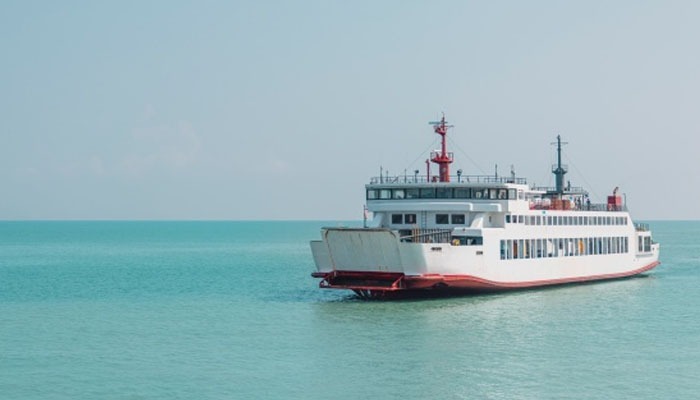People are missing out on vital protections by using buy now, pay later instead of credit cards to pay for holidays, experts warn.
Buy now, pay later (BNPL) has grown hugely in recent years, and holiday firms and hotel chains have been adding it to the options for payment when booking online, saying it can make trips more attainable.
“Stay now, pay later” is the new slogan from budget hotel chain Travelodge, which recently announced that guests can now pay via Klarna, Clearpay or PayPal – the three companies that dominate the UK BNPL market.
Similarly, a number of travel agents and flight booking sites offer BNPL under the banner of “Fly now pay later”. Customers do not have to pay the full cost of their flights upfront – they can spread the cost over instalments.
And Airbnb announced in late 2023 that it was teaming up with Klarna in the UK so guests could spread the cost of stays over weeks or months. The service is available for reservations priced between £35 and £4,000.
Data issued this week showed that searches on Google for phrases such as “buy now pay later flights” and “buy now pay later hotels” are up sharply on earlier this year, suggesting people are looking for ways to book more flexibly.
BNPL is a form of credit where the cost of what you are buying is typically split into three or four instalments. If you keep to your repayment plan, you will not usually pay interest or charges.
However, there is concern that some people could end up taking out loans they cannot afford to pay back on time, thereby incurring charges, tipping them into debt and damaging their credit score.
Experts warn that using BNPL to pay for holidays or trips also offers fewer consumer protections than more traditional credit.
“While it can be really convenient, it’s worth remembering that it doesn’t come with the same protections as a credit card,” says Matthew Sheeran from Money Wellness, a debt solutions and budgeting website.
If you pay with a credit card, section 75 of the Consumer Credit Act means that if a purchase between £100 and £30,000 goes wrong, the credit card provider is jointly liable with the retailer.
Sheeran says that with BNPL, if there is a problem, “you’ll usually have to chase the retailer or travel provider yourself, which can be stressful and time-consuming. It’s worth checking whether the BNPL provider offers any dispute process, but these aren’t as robust or guaranteed as section 75”.
He adds that while this form of payment is fine for smaller low-risk purchases, for bigger spends, a credit card still offers a safety net.
“BNPL is starting to edge into travel because it offers a way for people to ‘buy now, budget later’,” says Maisie Blewitt at Transfer Travel, an online marketplace where people can buy and sell unused trips.
She says that if you pay using BNPL and the airline or hotel goes bust, for example, your money could be at risk of being lost.
“Refunds can be messy, too, because if a trip is cancelled, instalments can keep coming out of your account until the refund clears, which could take weeks,” she says.
She adds that as this is a developing area of regulation, terms and protections can differ from provider to provider.
“Before using buy now, pay later for a holiday, make sure you carefully read and fully understand the small print,” says Blewitt.
People who use BNPL in this way typically do not have to pay for the trip before they travel, so charges may still be coming out of their account months after they have been away.
There is no universal maximum spending limit, so how much you can borrow depends on which provider you use, your creditworthiness, and how much risk it is willing to take.
“It feels risk-free, and that’s the problem,” says Sebrina McCullough from Money Wellness. “Interest-free offers make it feel like a payment method, not borrowing. But it’s still credit, and if you use it to fund what you can’t afford, the risks grow.”
The UK’s financial regulator, the Financial Conduct Authority, is to start regulating BNPL from July 2026.
This means BNPL loans will become regulated credit agreements and, crucially, people using this form of credit will be covered by section 75. They will also be able to access the Financial Ombudsman Service if they need to make a complaint.





